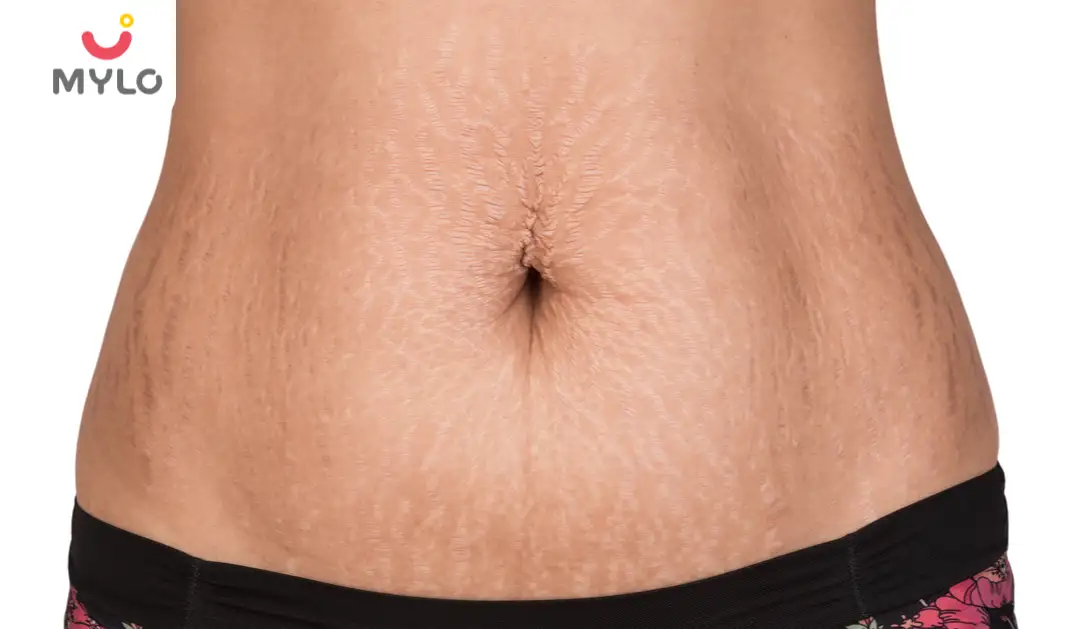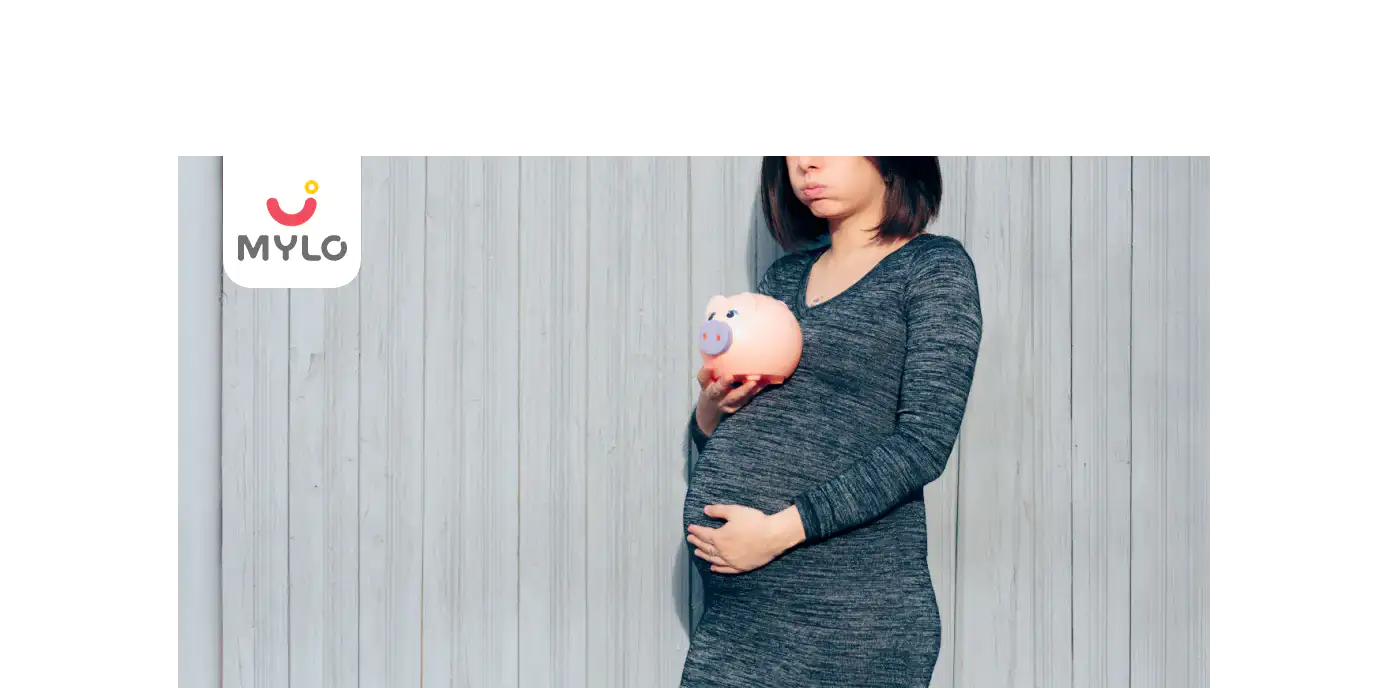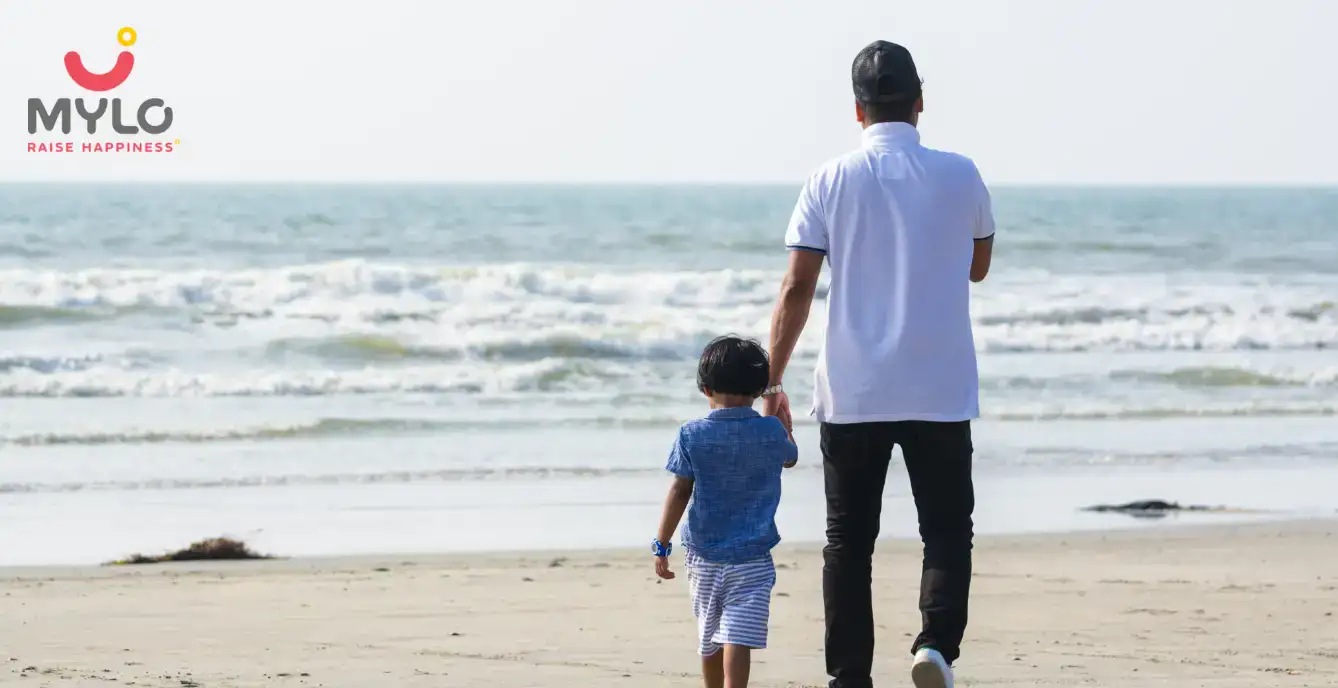Home

Diet & Nutrition

Should you avoid certain foods while breastfeeding?
In this Article
Diet & Nutrition
Should you avoid certain foods while breastfeeding?
Updated on 23 March 2023



Medically Reviewed by
Dt. Mansi Goyal
Specializes in Critical Gestational Diabetes, PCOS Patients - BSC| MSC (Home Science, Food & Nutrition)
View Profile

Breastfeeding is a wonderful way to nourish your baby, providing him or her with all the necessary nutrients for growth and development. As a breastfeeding mom, it is essential to eat a healthy and balanced diet to ensure that your baby gets the nutrients needed to thrive. However, there are certain foods that you may want to avoid while breastfeeding. In this article, we'll take a closer look at whether you should avoid certain foods while breastfeeding.
Foods to Avoid While Breastfeeding
-
Alcohol
Drinking alcohol while breastfeeding is not recommended. Alcohol can pass into your breast milk and can negatively affect your baby's sleep patterns, development, and behavior. It is recommended to wait at least two hours after drinking a single serving of alcohol before breastfeeding.
-
Caffeine
Caffeine can also pass into breast milk and may cause your baby to become irritable, fussy, or have difficulty sleeping. While moderate caffeine consumption is generally safe for breastfeeding mothers, it is recommended to limit your intake to no more than 300 mg per day. This is equivalent to about two to three cups of coffee.
-
Spicy Foods
Spicy foods may cause gastrointestinal discomfort for some breastfeeding babies. While some babies may tolerate spicy foods just fine, it is best to monitor your baby's reaction and avoid them if they cause any issues.
-
Fish High in Mercury
Fish that are high in mercury, such as shark, swordfish, king mackerel, and tilefish, should be avoided while breastfeeding. Mercury can accumulate in breast milk and may negatively affect your baby's developing nervous system.
-
Peanuts
If you have a family history of peanut allergies or other food allergies, you may want to avoid peanuts while breastfeeding. While there is no conclusive evidence that breastfeeding mothers should avoid peanuts, some studies have suggested that peanut consumption during breastfeeding may increase the risk of developing a peanut allergy in children.
-
Cow's Milk
If your baby has a cow's milk protein allergy, you may need to avoid dairy products while breastfeeding. Cow's milk protein can pass through breast milk and may cause an allergic reaction in sensitive babies. Signs of a cow's milk protein allergy in babies may include eczema, hives, diarrhea, vomiting, and colic.
Foods to Eat While Breastfeeding
While there are certain foods to avoid while breastfeeding, there are also many foods that you should include in your diet to support your baby's growth and development.
1. Fruits and Vegetables
Fruits and vegetables are packed with vitamins, minerals, and antioxidants that are essential for both you and your baby. Aim to include a variety of colorful fruits and vegetables in your diet, such as berries, leafy greens, carrots, and sweet potatoes.
2. Lean Protein
Protein is essential for growth and development, and it is especially important for breastfeeding mothers. Aim to include lean protein sources in your diet, such as chicken, turkey, fish, tofu, and legumes.
3. Healthy Fats
Healthy fats, such as those found in nuts, seeds, avocado, and fatty fish, are important for brain development and are also beneficial for breastfeeding mothers. Including healthy fats in your diet can help you feel full and satisfied and may even improve the quality of your breast milk.
4. Whole Grains
Whole grains are a great source of complex carbohydrates and fiber, which can help keep you full and provide sustained energy throughout the day. Choose whole grain options, such as brown rice, quinoa, and whole wheat bread.
5. Hydration
Staying hydrated is essential for breastfeeding mothers, as dehydration can negatively affect milk production. Aim to drink at least eight to ten glasses of water per day, and include hydrating foods in your diet, such as watermelon, cucumber, and musk melon.
If you are unsure if certain foods should be avoided while breastfeeding, it is always best to consult with a healthcare professional or lactation consultant. They can provide personalized advice based on your specific situation and help you make informed decisions about your diet while breastfeeding.
In conclusion, while there are certain foods that breastfeeding mothers may consider avoiding, it ultimately depends on the individual and their baby's reactions. It is important to maintain a healthy and balanced diet and consult with a healthcare professional if you have any concerns about your diet while breastfeeding. By doing so, you can ensure that both you and your baby are healthy and thriving.





Medically Reviewed by
Dt. Mansi Goyal
Specializes in Critical Gestational Diabetes, PCOS Patients - BSC| MSC (Home Science, Food & Nutrition)
View Profile


Written by
Ravish Goyal
Official account of Mylo Editor
Read MoreGet baby's diet chart, and growth tips

Related Articles
Related Topics
RECENTLY PUBLISHED ARTICLES
our most recent articles

Stretch Marks
Stretch Marks Removal: Tips & Remedies

Fussy Baby
How Can Dads Calm A Fussy Toddler

General Father
How to prepare your older child for a new baby

General Father
5 Financial Moves You Must Make Before Your Baby Arrives

General Father
Daddy-Baby bonding from Pregnancy to Childbirth: Top 7 tips for you

General Preschoolers
How to prepare your child for pre-school
- I am pregnant, can I still breastfeed my toddler?
- My toddler has bad breath. what should I do?
- When will my toddler learn how to scribble or draw?
- Can loud volume affect my toddler's ears?
- Running & Jumping Milestones for your toddler
- Activities to keep an active toddler occupied at home
- Girls' growth chart: 24 to 36 months
- What to do if your toddler is overweight?
- Electric toothbrush for Toddlers: Is it safe?
- Teaching good eating habits to your kids
- How to Introduce Books to Your Child?
- This is how you can talk to your child about strangers
- A healthy meal plan for your 2-year-old
- Music In Pregnancy: How Does Music Affect Your Baby’s Brain


AWARDS AND RECOGNITION

Mylo wins Forbes D2C Disruptor award

Mylo wins The Economic Times Promising Brands 2022
AS SEEN IN

- Mylo Care: Effective and science-backed personal care and wellness solutions for a joyful you.
- Mylo Baby: Science-backed, gentle and effective personal care & hygiene range for your little one.
- Mylo Community: Trusted and empathetic community of 10mn+ parents and experts.
Product Categories
baby carrier | baby soap | baby wipes | stretch marks cream | baby cream | baby shampoo | baby massage oil | baby hair oil | stretch marks oil | baby body wash | baby powder | baby lotion | diaper rash cream | newborn diapers | teether | baby kajal | baby diapers | cloth diapers |




